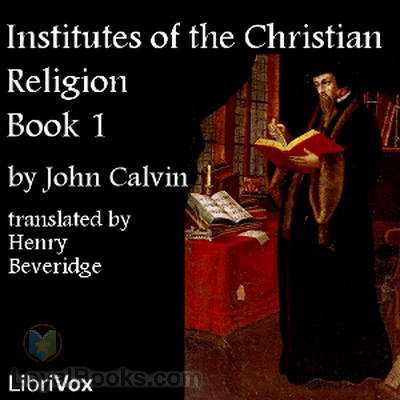In Institutes of the Christian Religion, John Calvin presents a comprehensive and systematic overview of Protestant theology. Originally published in 1536, this seminal work has remained a cornerstone of Reformed theology for centuries.
Calvin's writing is both insightful and concise, making complex theological concepts accessible to readers of all backgrounds. He addresses key doctrines such as the nature of God, the Trinity, salvation, and the sacraments with clarity and precision, providing a solid foundation for understanding the Christian faith.
One of the most striking features of Institutes of the Christian Religion is Calvin's emphasis on the sovereignty of God. He argues that God is in control of all things, including human salvation, and that His will is ultimately good and just. This theological framework has had a profound impact on Protestant thought, shaping beliefs about predestination, election, and divine providence.
Overall, Institutes of the Christian Religion is a challenging but rewarding read for those interested in delving into the depths of Christian theology. Calvin's systematic and logical approach to doctrine continues to influence Christian thought and practice to this day.
Book Description:
Institutes of the Christian Religion is John Calvin’s seminal work on Protestant systematic theology. Highly influential in the Western world and still widely read by theological students today, it was published in Latin in 1536 and in his native French in 1541, with the definitive editions appearing in 1559 (Latin) and in 1560 (French).
The book was written as an introductory textbook on the Protestant faith for those with some learning already and covered a broad range of theological topics from the doctrines of church and sacraments to justification by faith alone and Christian liberty, and it vigorously attacked the teachings of those Calvin considered unorthodox, particularly Roman Catholicism to which Calvin says he had been “strongly devoted” before his conversion to Protestantism. The over-arching theme of the book – and Calvin’s greatest theological legacy – is the idea of God’s total sovereignty, particularly in salvation and election.
The Institutes are a primary reference for the system of doctrine adopted by the Reformed churches, usually called Calvinism.
Book One of the Institutes treats of the knowledge of God, considered as the Creator, Preserver, and Governor of the world, and of every thing contained in it.
